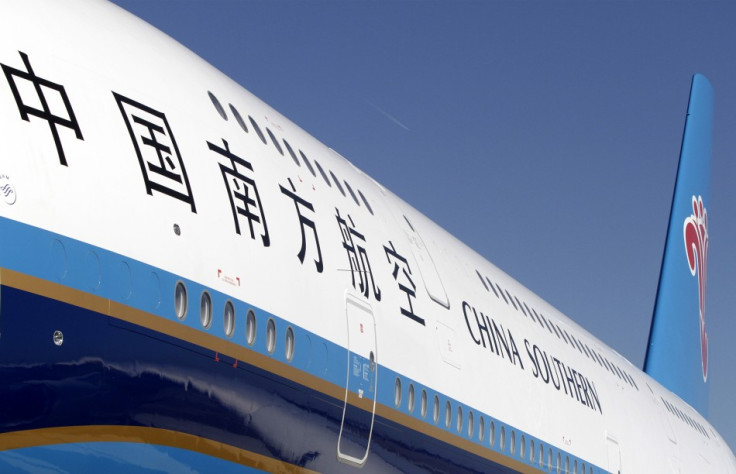China Prohibits Its Airlines from Paying EU Carbon Tax

In a move to oppose the controversial tax levied on carbon emissions by the European Union (EU), the Chinese Government has announced it has barred its airlines from complying with the guidelines. The formal declaration by the government came just weeks prior to the meeting between the Chinese and European leaders at a summit.
The Carbon Trading Program, which came in to effect from Jan.1, 2012, is regarded as one of the widest-reaching measures adopted by any country or regional bloc to regulate emissions of greenhouse gases that are largely blamed for climate change. It reportedly aims to make airlines accountable for their carbon emissions, which contribute to global warming.
As per the scheme, all airlines will be given pollution permits slightly less than its average historical emissions record. In case, an airline exceeds the limit, it will be required to buy permits from other airlines that have emitted less than allowed and have leftover permits to sell. Emissions are counted for the entire route of an aircraft that touches down in Europe.
Following the announcement of the new rules, a number of countries including India, Russia, China and the United States openly opposed the move saying it violates international law.
However, China is the first nation to openly denounce the EU rules and issuing a prohibition. The new regulations announced by China were reported by the state news agency Xinhua.
"China hopes that Europe will directly address our concerns, in light of the overall situation of global climate change, the sustainable development of international aviation and Chinese-European relations," Xinhua quoted the Chinese aviation authority stating.
The statement also mentioned that "China will consider additional measures to protect the interests of our citizens and our companies."
© Copyright IBTimes 2025. All rights reserved.





















